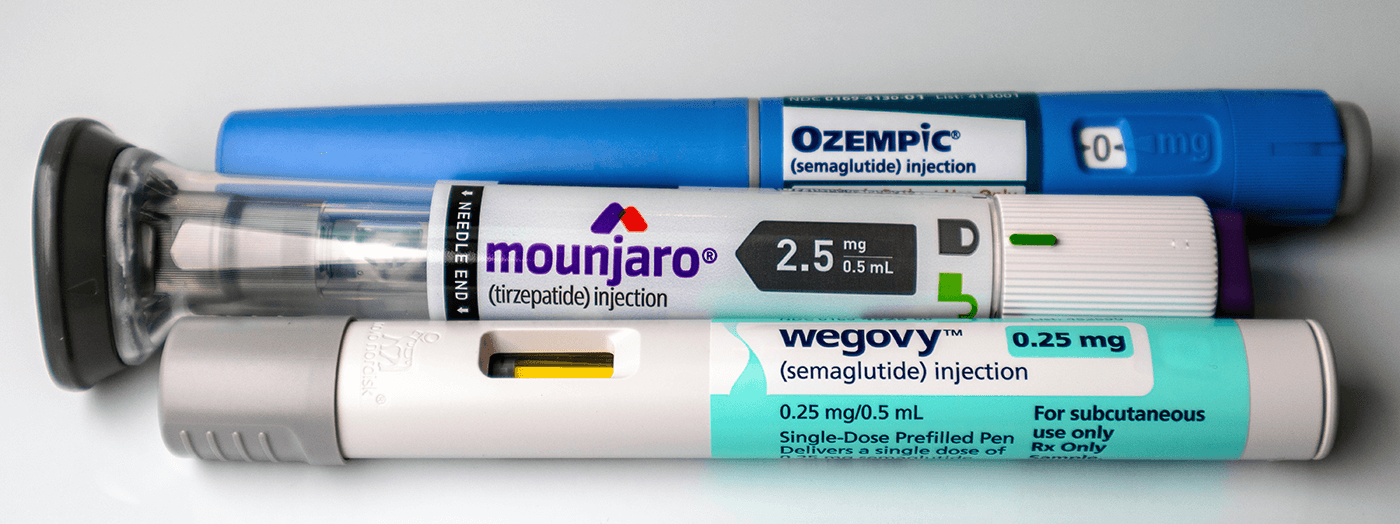Note: This article does not constitute medical advice. Please consult with your doctor before making any decisions regarding your health
Lyrica (Pregabalin) was approved by the U.S. Food and Drug Administration for the treatment of neuropathic pain associated with fibromyalgia syndrome or diabetic peripheral neuropathy. Since then, this drug is being used to treat other conditions such as anxiety disorders, depression and Parkinson's disease.
But does that mean it works wonders for everyone using it?
Not necessarily so -- Here are some things you should know before planning to take the Lyrica pill.
Introduction to Lyrica (Pregabalin)
Pregabalin may be used to relieve symptoms related to several different neurological diseases, including fibromyalgia syndrome, diabetes-related peripheral neuropathy and posttherapy orthopaedic pain. While this medication holds promise for many patients dealing with these ailments, its effectiveness varies greatly based on individual circumstances.
Some people do not experience any relief at all from Pregabalin, while others find their chronic pain improves significantly after starting therapy. Because there is no way to predict how someone will respond to the medicine, each person must try taking it first to see if he notices an improvement.
If one doesn't notice immediate results, don't panic. As long as your doctor monitors your condition closely over time, there's a good chance that you'll eventually begin to feel better.
The following article contains information about how Pregabalin affects various health issues, what side effects can occur when it's taken, who shouldn't be prescribed with it and much more.
Read on to learn how Pregabalin helps those suffering from certain illnesses and conditions.
How Does Lyrica Work?
Within the brain, there are two types of neurons: sensory neurons and motor neurons. When activated, sensory neurons transmit impulses from different areas of our bodies to relay messages about external stimuli like heat, cold, pressure or vibration. On the other hand, motor neurons send signals to muscles to contract them.
In order for us to think and move, we need healthy functioning nerves. One common problem that people face over time is the damage of nerve cells due to any disease, injury or infection. Damaged nerves often cause significant problems because part of the process required to communicate between our brains and limbs involves sending electrical pulses along axons (nerve fibres).
When these signals aren't sent properly, injured nerves have difficulty telling our muscles what to do. Without proper communication between our nervous system and muscles, we cannot perform everyday tasks without experiencing severe pain.
Benefits of Lyrica
That's where Lyrica comes in. It's important to note that Lyrica only treats specific kinds of pain caused by neurological damage. While it may help alleviate discomfort resulting from arthritis, cancer and heart attack, it won't provide any benefit at all during instances of inflammation, swelling or bruising.
Also, although it relieves physical pain, Lyrica has little effect on mental anguish caused by grief, guilt or stress. For those reasons, doctors often prescribe Lyrica to individuals dealing with chronic pain rather than acute trauma.
Pain originating from damaged nerves is typically classified according to which particular region of the body it affects. Neuropathic pain is divided into four categories: low back pain, neck pain, joint pain and limb pain. Each type of pain presents itself differently, depending on location and severity.
Pain may diminish slightly within minutes to hours after receiving injections of local anaesthesia, whereas persistent pain lasting weeks or months require stronger medications, such as opioids.
Although Lyrica provides effective treatment for most forms of neuropathic pain, it isn't appropriate for every patient.
Let's look at the potential side effects involved with using this medication next.
Side effects Associated With Pregabalin Use
While Lyrica offers great hope to many patients dealing with difficult-to-treat conditions, it does come with risks. Side effects vary widely, depending upon how much of the active ingredient — pramipexole — enters the bloodstream.
People generally tolerate the medicine well when it's administered once daily, though some prefer taking it twice per day because it takes longer for the drug to leave the system via urine.
Milder reactions include nausea, insomnia, dizziness, dry mouth, constipation and drowsiness. More serious complications involve changes in mood, hallucinations, sweating, flushing, rapid heartbeat, uncontrolled movements, agitation, diarrhoea, shortness of breath, and chest pains.
Some researchers believe that Lyrica can worsen symptoms associated with bipolar disorder, schizophrenia and obsessive-compulsive disorder. Patients already diagnosed with these conditions should therefore avoid trying out this new prescription entirely.
Other factors affecting tolerance levels include smoking cigarettes, drinking alcohol, consuming grapefruit juice, eating foods high in tyrosine content, exercising excessively, taking MAO inhibitors (used to control hypertension), having kidney failure and undergoing radiation treatments involving the head or spinal cord.
Since Lyrica interacts with the central nervous system, it rarely causes dependence or withdrawal symptoms. Dependence can still develop, however, if a user consumes the substance regularly over a prolonged period.
Those with a history of heroin addiction are particularly susceptible to becoming physically dependent on Pregabalin. Chronic users should gradually discontinue usage until complete remission returns.
Who Shouldn’t take Lyrica
If you suffer from migraines, you might have to avoid taking Lyrica. Like aspirin, this prescription anticonvulsant causes excessive blood clotting, leading to sudden strokes and seizures known as vasoconstrictive attacks. These episodes usually happen soon after beginning therapy with Lyrica, sometimes even just days later.
Another concern is that this medication could lead to increased suicidal thoughts among teens and young adults. Children under age 18 should never take Lyrica, nor should anyone younger than 12 years old attempt to self-medicate.
Elderly patients who show signs of dementia or memory loss should not take this medicine at all unless directed otherwise by a qualified healthcare provider.
Additional Benefits of Lyrica
As mentioned earlier, Lyrica affects the central nervous system in several ways. Its ability to reduce pain signals travelling along nerves explains why it alleviates neuropathic pain. Additionally, Pregabalin relaxes smooth muscles around arteries, veins and capillaries.
This action prevents varicose veins, spider angiomas and haemorrhoids from forming painful pouches. Lastly, Lyrica eases tight musculature around joints, helping sufferers deal with osteoarthritis, rheumatoid arthritis and gout.




